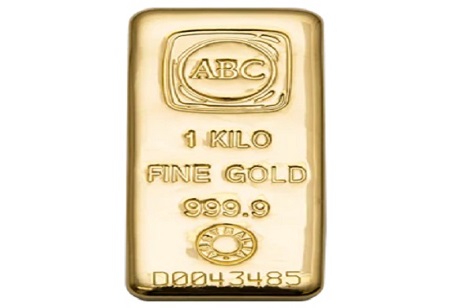Precious metals have always been part of the trade industry. And while the advent of the internet and online trading has increased the ability of traders to buy and sell goods around the world, it has also put them in greater danger of being scammed.
You'd like to think that the seller you’re in a transaction with would be trustworthy, but that's
not always the case. Sadly, there are those who are looking to take advantage of uninformed and inexperienced buyers.
You want to ensure you find the best possible deals for your money - without paying too high a price. And as such, here are some ways you can detect and ensure you avoid precious metals fraud.
1. Check The Reputation Of The Dealer
Much like with any investment and venture, due diligence is essential. This means that you have to do your research on the dealer you’re transacting with. To start, check with your local business bureau to see if there are any negative or positive reports about the company you are about to choose to work with.
You could also consider the number of years they have been in the business. The longer they have been operating, the better. This means that somehow, they have built an image and credibility for their business. Consider going over their website and checking their former clients’ feedback and reviews. That way, you can get a picture of how they do business.
In addition, the company you choose should not only have a good reputation in the industry but should also have the right credentials. As such, it’s recommended to work with a dealer that has been authorized to mint legal tenders, gold bullion, and collectible coins. Check on the company’s certification and licenses. If the dealer doesn't have a valid license, that could be one of the indications that they may be a fraud.
So, if you’re looking to buy
gold bars from NZ Mint, it’s recommended to read up and know all there is to know about the dealer you choose to work with.
2. Know Common Fraudulent Practices
In today's day and age, it's essential to stand guard against fraudulent practices. Some of the common fraudulent practices include the following:
